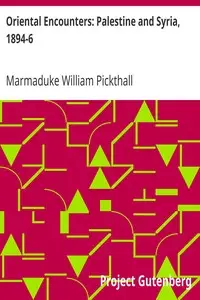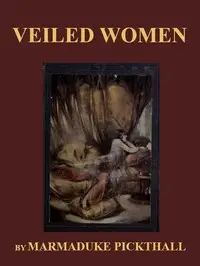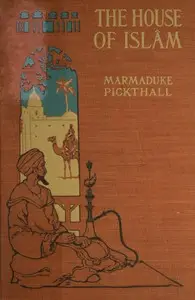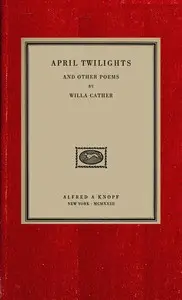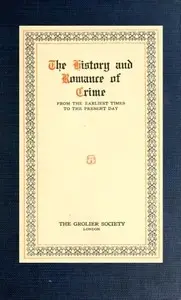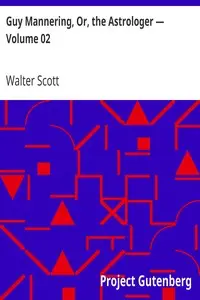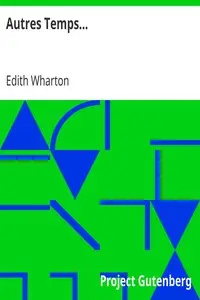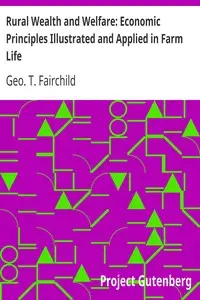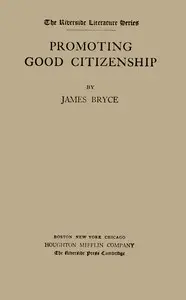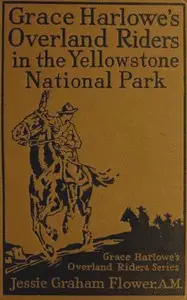"The Valley of the Kings" by Marmaduke William Pickthall is a novel written in the early 20th century. Set in a culturally rich Middle Eastern backdrop, the story introduces Iskender, a young artist caught between conflicting cultural influences and expectations as he navigates his aspirations, familial pressures, and societal judgments. The novel explores themes of identity, belonging, and the struggles of the individual against societal constraints. At the start of the narrative, we meet Iskender's mother, whose fierce loyalty and protective instincts highlight the familial dynamics that shape Iskender's life. As she grapples with the realities of prejudice and disappointment regarding Iskender's ambitions and their community's attitudes toward him, we gain insight into Iskender's character as he longs to pursue his painting despite being ostracized. The tension between his aspirations and external societal pressures sets the stage for a compelling exploration of cultural identity and personal longing, as Iskender seeks validation and success in a world that seems to conspire against him. (This is an automatically generated summary.)

The Valley of the Kings
By Marmaduke William Pickthall
"The Valley of the Kings" by Marmaduke William Pickthall is a novel written in the early 20th century. Set in a culturally rich Middle Eastern backdro...
Muhammad Marmaduke Pickthall was an English Islamic scholar noted for his 1930 English translation of the Quran, called The Meaning of the Glorious Koran. His translation of the Quran is one of the most widely known and used in the English-speaking world. A convert from Christianity to Islam, Pickthall was a novelist, esteemed by D. H. Lawrence, H. G. Wells, and E. M. Forster, as well as journalists, political and religious leaders. He declared his conversion to Islam in dramatic fashion after delivering a talk on 'Islam and Progress' on 29 November 1917, to the Muslim Literary Society in Notting Hill, West London.

